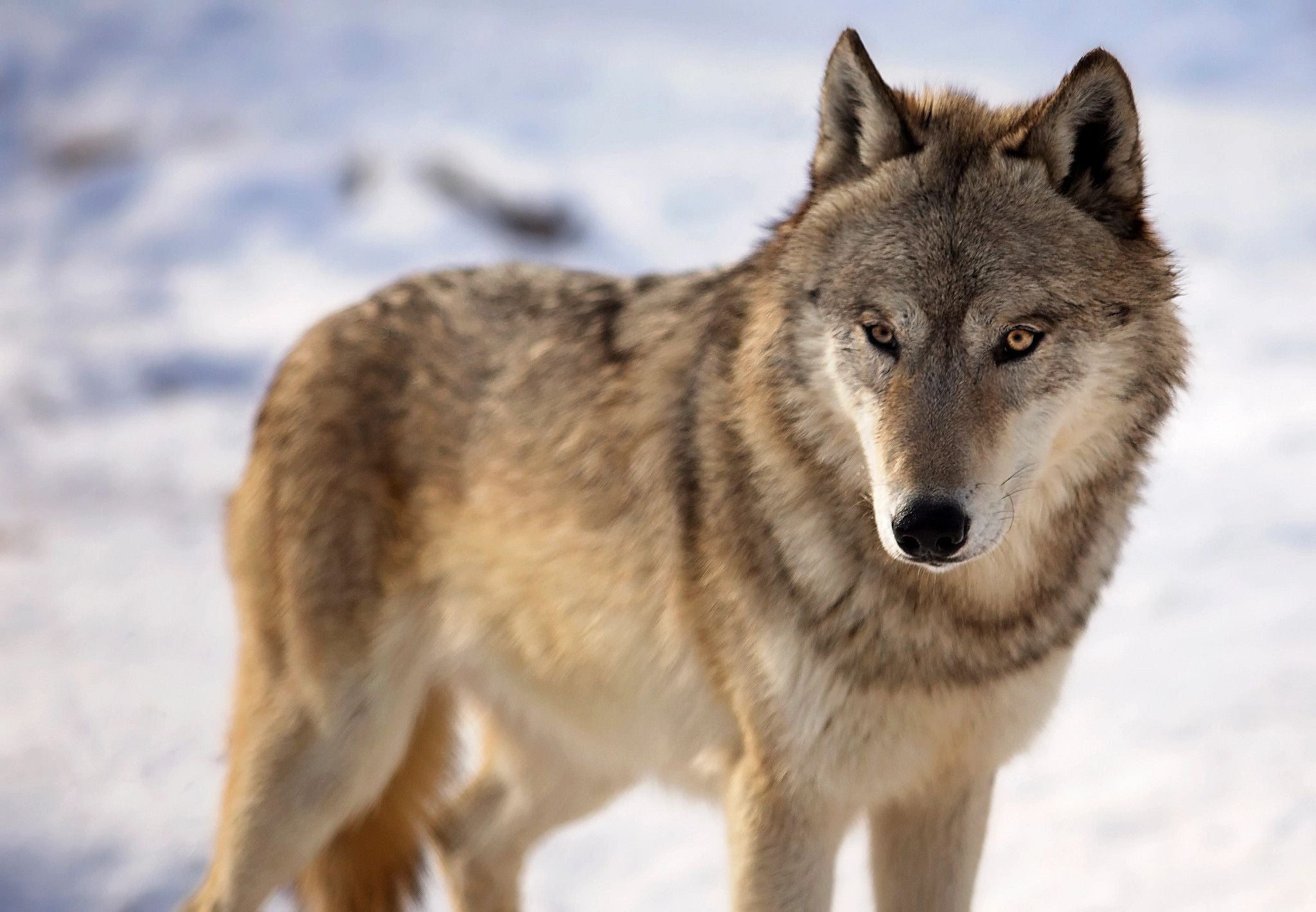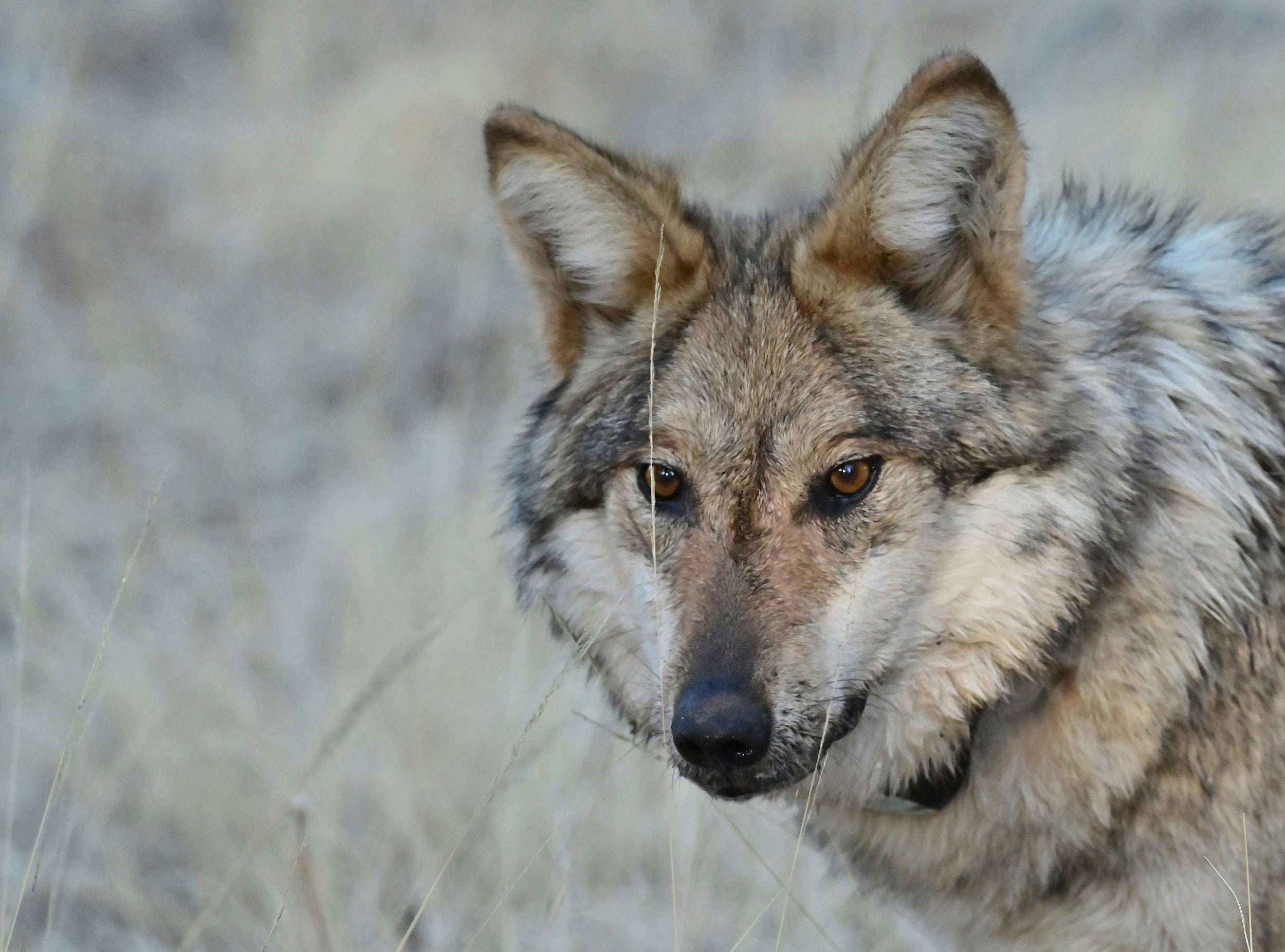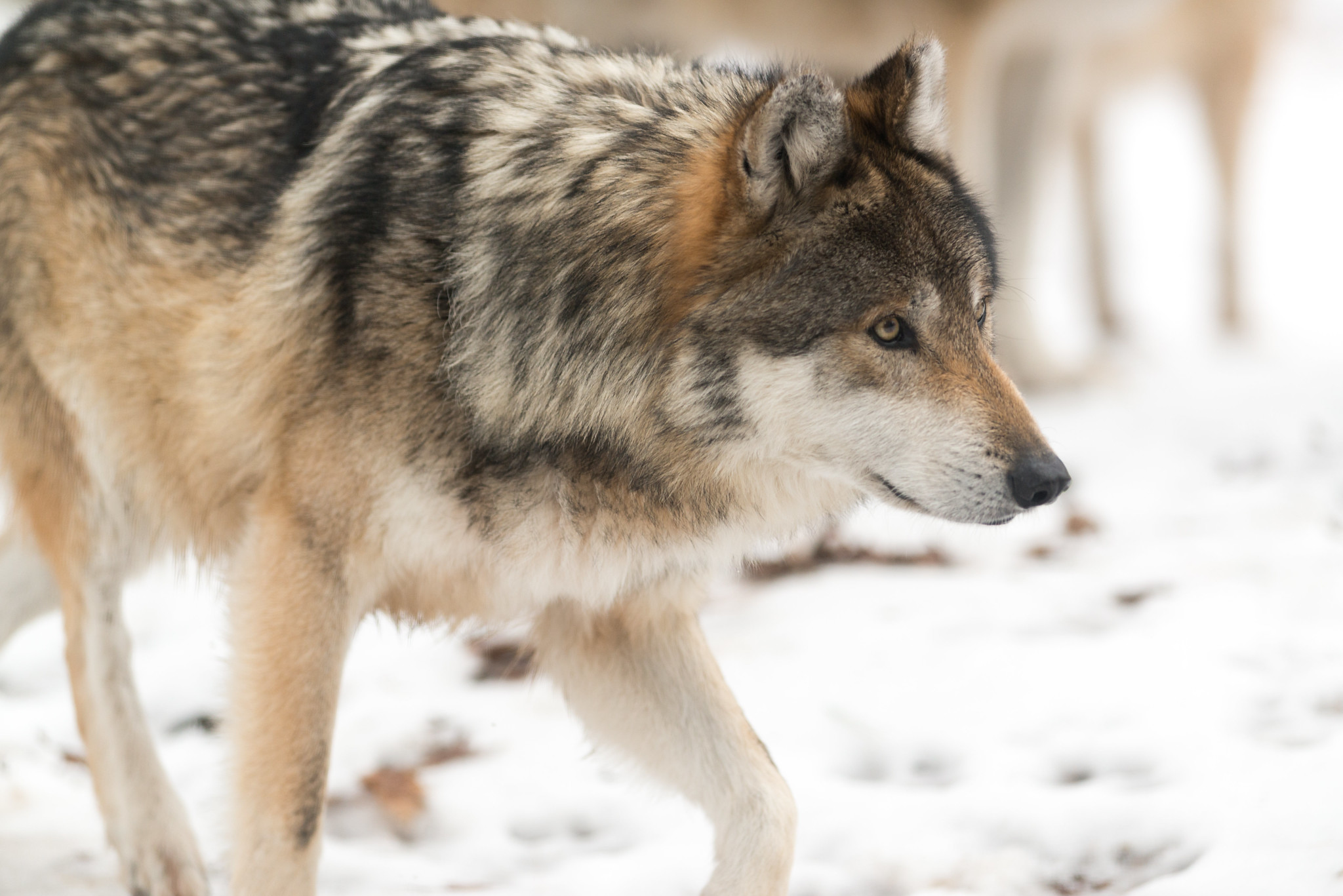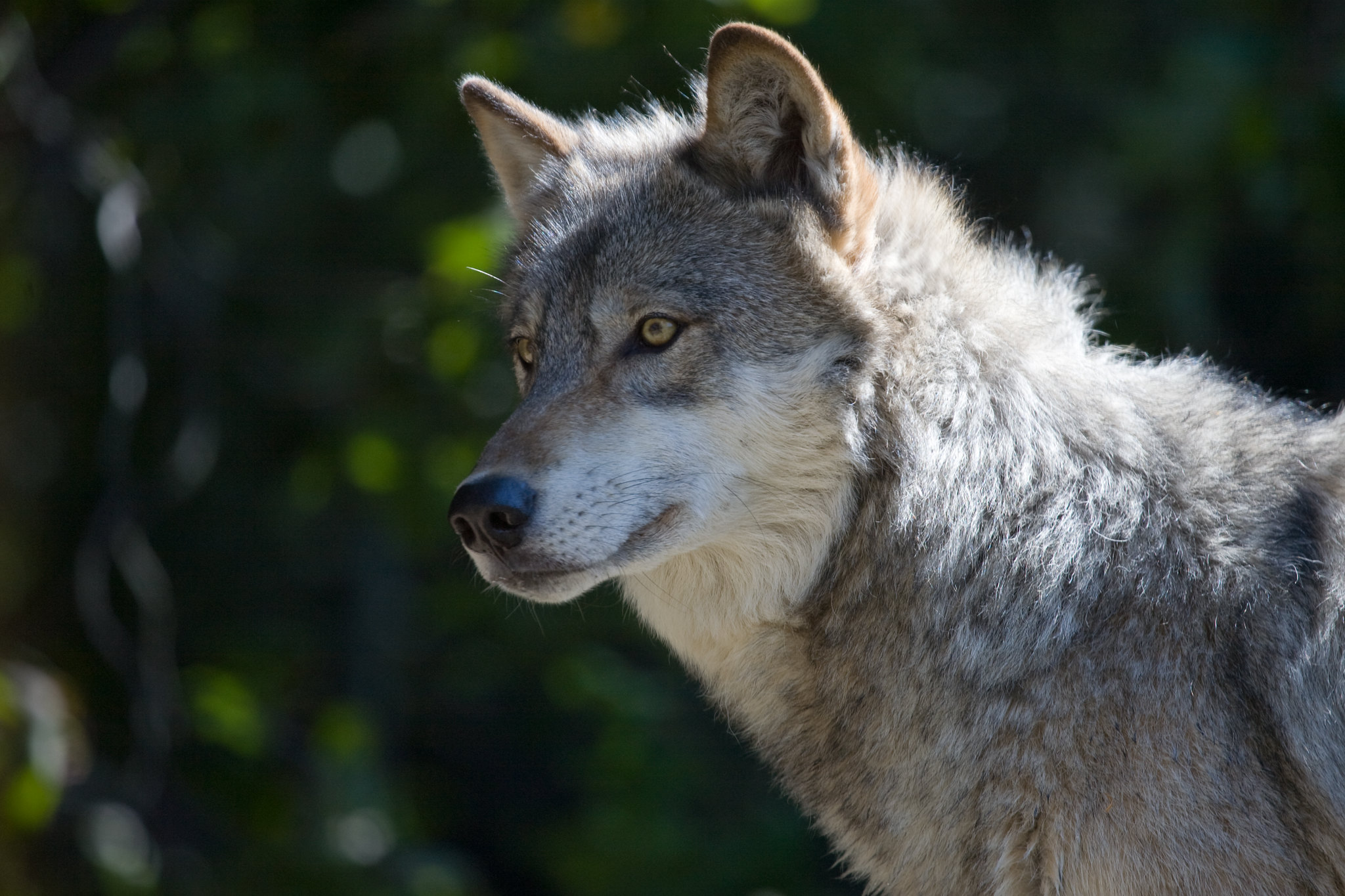Wisconsin’s first wolf hunt in six years is set to wrap up Wednesday afternoon as state-licensed hunters have already exceeded the quota set by wildlife officials. Hunters and trappers are on track to harvest more wolves in several days than they did over the course of two months during the state’s first wolf hunt in 2012.
The Wisconsin Department of Natural Resources opened a shortened wolf season Monday after a court order forced the agency to hold a hunt this winter. Hunters had harvested 135 wolves by 9:30 a.m. Wednesday — more than the 119 wolves that state-licensed hunters are allowed to harvest under a quota set last week by the Natural Resources Board.
A total quota of 200 wolves was split between the state and Ojibwe tribes as part of compliance with their federal treaty rights in ceded territory.
News with a little more humanity
WPR’s “Wisconsin Today” newsletter keeps you connected to the state you love without feeling overwhelmed. No paywall. No agenda. No corporate filter.
The wolf hunt was set to run through Sunday across the state’s six management zones. But the DNR announced it would be closing Zones 2, 5, and 6 by 10 a.m. Wednesday and Zones 1, 3, and 4 by 3 p.m.
Hunters had already harvested nearly double the number of wolves allowed by quota in Zones 2 and 6, which encompass far northeastern Wisconsin and roughly the southern two-thirds of the state.
Hunters have feared this might be their only opportunity to hunt wolves as the Biden administration is reviewing the Trump administration’s decision to officially remove the gray wolf from the endangered species list across much of the nation in January. Environmental and wildlife groups have also sued to restore protections for the animal.
The DNR planned to resume the wolf hunt this fall, but the start date was moved up after a conservative advocacy group filed a lawsuit on behalf of the Kansas-based group Hunter Nation. The hunting organization sought an order for the state to immediately resume a hunt this month, and a Jefferson County judge ruled in favor of the group.
The DNR appealed the ruling, but a panel of judges dismissed their appeal Friday.
“The season’s coming to an end rather quickly, which just proves us right that there’s an abundance of wolves in Wisconsin,” said Hunter Nation CEO Luke Hilgemann. “Hunters have a role to play in conserving that resource and making sure that we limit their numbers so that the depredations of cows and cattle and pets don’t become a major issue here in Wisconsin.”
Environmental and animal rights groups along with tribes have opposed a rush to hold a hunt, saying the decision wasn’t based on sound science. The DNR has said it needed more time to develop a science-based quota, update its wolf management plan and gather input from the public and tribes.
They also highlight this is the first time a hunt has been held during the animal’s breeding season. Three prior hunts that were held in the state before the animal was placed back on the endangered species list ended by late December.
“We’ve got wolves breeding right now. There are females that are pregnant. The tribes weren’t consulted. This was absolutely rushed through and the public didn’t have time at all to weigh in,” said Megan Nicholson, Wisconsin state director of the Humane Society of the United States. “The damage that this can do to our wolf population — which by the way is not recovered by any means — it could be detrimental.”
The wolf population has grown to nearly 1,200 wolves across the state — close to four times the state’s management goal, which was last updated in 2007.
Opponents of the hunt say the state’s wolf management plan is vastly outdated.
Editor’s note: This has been updated with the most recent harvest figures from the DNR. This story will be updated.
Wisconsin Public Radio, © Copyright 2025, Board of Regents of the University of Wisconsin System and Wisconsin Educational Communications Board.






